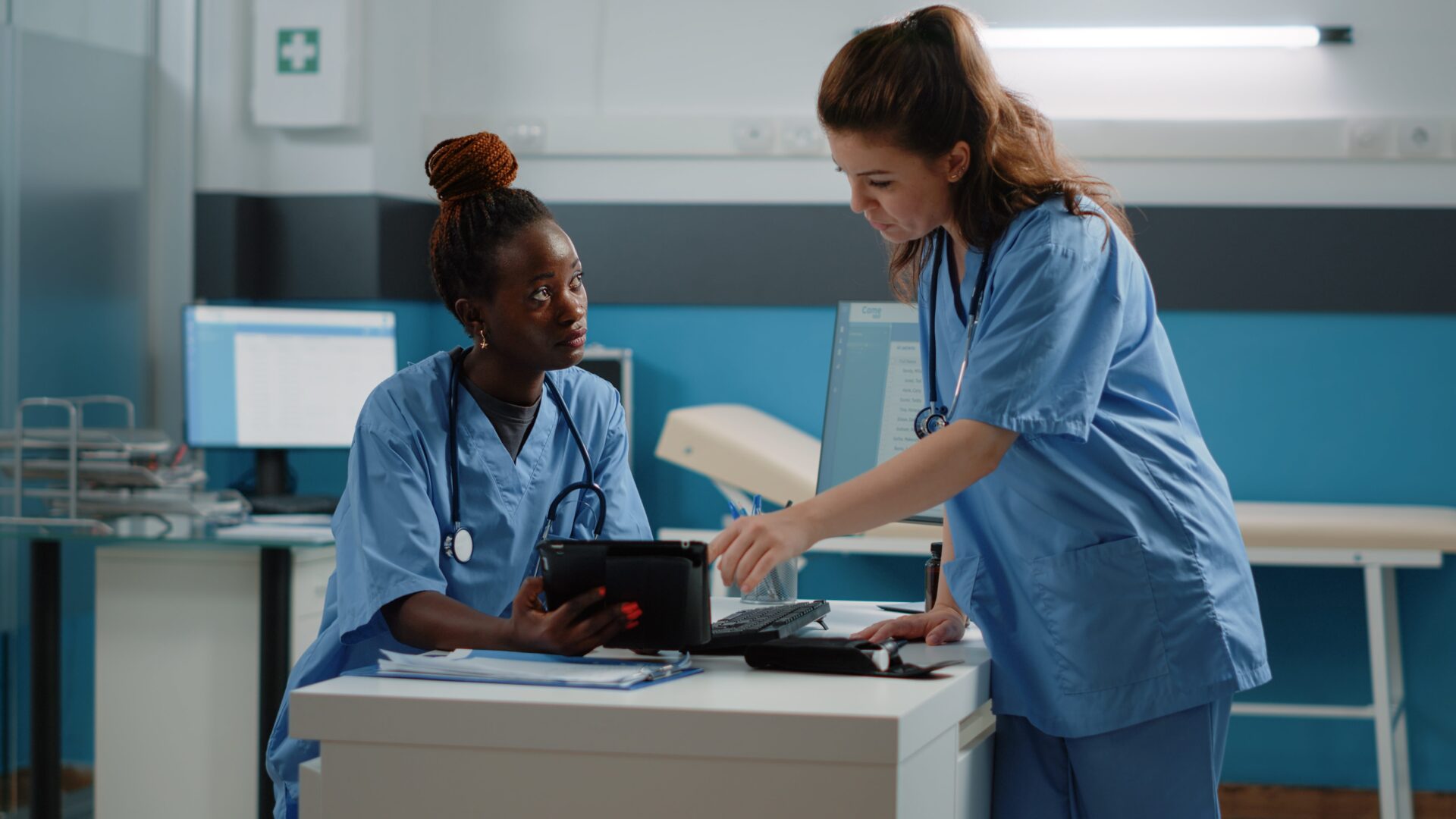Summary
Imperial College Health Partners worked with Imperial College Healthcare Trust (ICHT) in collaboration with the Healthshare Group and NW London ICS to design and deliver an evaluation of its Rheumatology One Stop Mass Clinic (ROSMaC) – a new care model piloted to reduce the backlog of rheumatology outpatients.
"
The big vision is to come up with a model that can become the new model of care which demonstrates improved patient access, improved outcomes and is cost effective – hopefully doing this at North West London will lead to reduced wait times for high volume low complexity patients.
"
Staff interview
What the project involved
In North West London variations in service delivery (linked to an imbalance between capacity and demand) have led to long wait times for rheumatology services, impacting patient outcomes. Early detection and evaluation of conditions such as early inflammatory arthritis and vasculitis can reduce the risk of long-term complications.
ROSMaC – a one-stop clinic giving patients access to the right clinicians and diagnostics – was piloted to respond to this challenge, aiming to improve patients’ experience and make their journey more efficient with fewer steps and waits.
ICHP used a mixed-methods approach of qualitative and quantitative analysis to evaluate ROSMaC alongside the Traditional Imperial Rheumatology Outpatient Clinic (TIROC). The former provided insights on the process, outcomes, and sustainability of the service from the perspective of clinicians and administrative staff. The latter provided objective data on the outputs, outcomes, and incremental costs of the service.
Success of the ROSMaC pilot could directly contribute to reduced waiting lists, reduced unwarranted variation in care, and prevent harm by ensuring that patients are seen in the right place, at the right time, with the right care.
Outcomes
This approach evidenced ROSMaC’s positive outcomes across reduced waiting times and improved diagnostic efficiency, with impact including:
Reduction in patient waiting times: The average waiting time from referral to appointment decreased by approximately two months.
Improved diagnostic efficiency: On average, diagnosis was received within the same month from first appointment. There was a definitive diagnosis for 81% of patients from one appointment (compared to 75% of TIROC patients over an average of three appointments)
Incremental cost difference: There was some suggestive evidence for the ROSMaC having lower incremental costs for service delivery.
Staff experience: There was consistent feedback that the service enabled staff to provide a better patient experience through better utilisation of consultant time and skills, and an increased likelihood of being able to complete the patient journey from assessment, treatment and discharge in one clinic. Staff also reported the service had a positive impact on learning opportunities through multidisciplinary working.
Next steps
Further to the evaluation, the ROSMaC pilot was recognised at a national level via NHS England’s Getting It Right First Time (GIRFT) Team as a model to be considered for reducing waiting lists. ROSMaC has also been positioned as a future model to support outpatient waiting lists across other sites in NW London.
You can read the full evaluation report on Imperial College Health Partner’s website.









